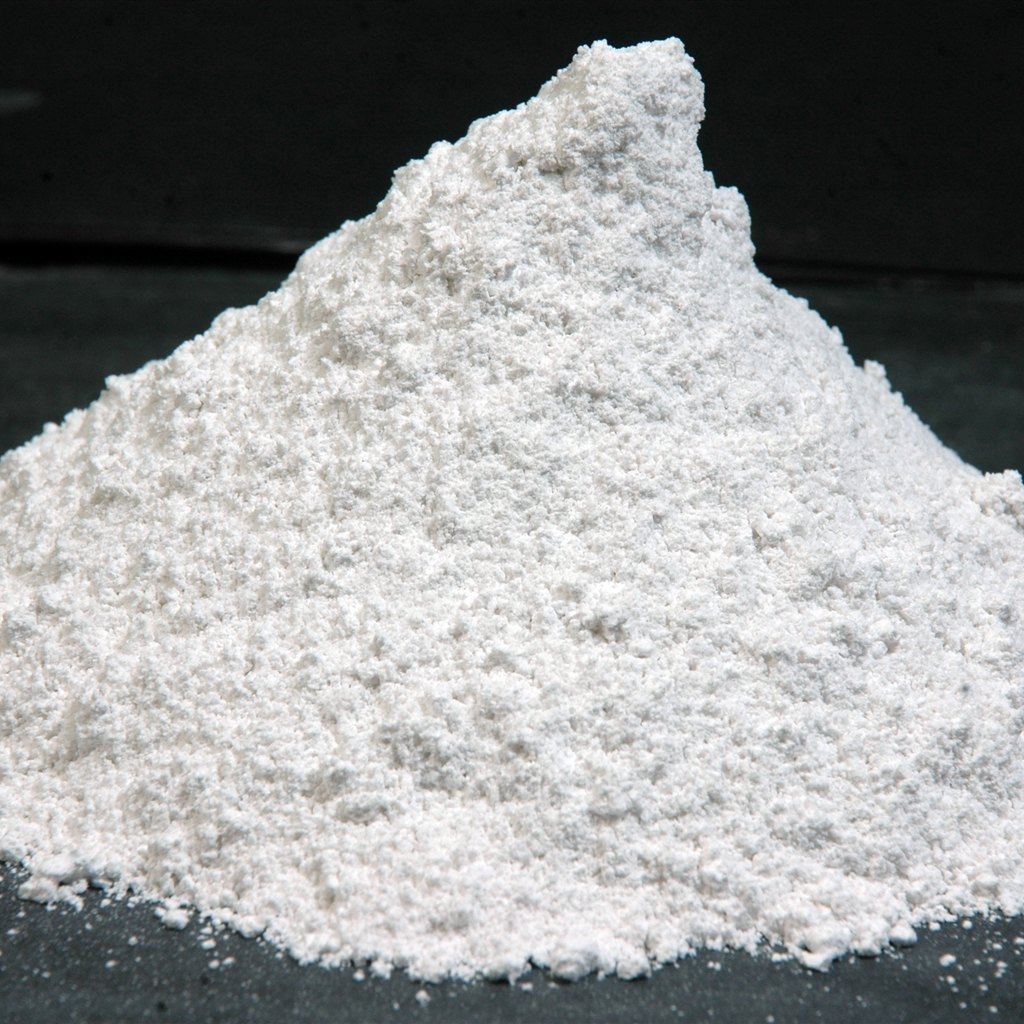Activated calcium carbonate is a versatile substance used in many everyday products. Known for its unique properties, it plays a key role in improving the quality and performance of various items we use daily. From personal care products to food items, activated calcium carbonate offers benefits that might surprise you. Let’s explore its applications and advantages in various industries.
What is Activated Calcium Carbonate?
Activated calcium carbonate is a form of calcium carbonate that has been specially processed to increase its surface area, making it more reactive and efficient in its use. This form is produced by processing the natural mineral calcium carbonate, which is commonly found in limestone, marble, and chalk. Once activated, it becomes a fine, powdery substance that can be easily incorporated into a wide range of products.
Uses in Personal Care Products
One of the most common applications of activated calcium carbonate is in personal care products. It is often found in items like toothpaste, deodorants, and face powders. In toothpaste, activated calcium carbonate helps in polishing teeth and removing stains, giving them a smoother, cleaner appearance. It also plays a role in enhancing the texture of various creams and lotions, helping them spread smoothly on the skin.
In deodorants, activated calcium carbonate is used for its absorbent properties, helping to neutralize odors and keep the skin dry. Additionally, it is sometimes included in face powders and makeup products to improve their texture and absorb excess oils from the skin, creating a matte finish.
Role in Food and Beverages
Activated calcium carbonate is also used in the food industry, where it is commonly added to a variety of products as a food additive. It is used to fortify food with calcium, a crucial mineral for bone health. This additive can be found in dairy products like milk, cheese, and yogurt, as well as in calcium-enriched juices and cereals.
In addition to its nutritional benefits, activated calcium carbonate is also used as a natural food preservative. It helps maintain the texture and stability of food products, preventing them from degrading quickly. This makes it an essential component in processed foods and beverages, where long shelf life is desired.
Industrial and Household Applications
Beyond personal care and food products, activated calcium carbonate finds numerous applications in industrial and household settings. In construction, it is often used in the production of paints, coatings, and adhesives. The substance’s fine particle size makes it ideal for creating smooth, even surfaces in paints and coatings.
Activated calcium carbonate is also utilized in the production of plastics, rubber, and ceramics. Its ability to enhance the durability and flexibility of these materials makes it a popular choice in manufacturing. In household products like cleaning agents and detergents, activated calcium carbonate is valued for its ability to absorb moisture and assist in the cleaning process.
Environmental Benefits
Activated calcium carbonate is considered an environmentally friendly material. Its natural origin and non-toxic properties make it a safe choice for many applications, including in products used by children and adults alike. Moreover, it is biodegradable and does not contribute to pollution when disposed of properly. This sustainability factor is becoming increasingly important as industries and consumers alike move toward greener alternatives.
Conclusion
Activated calcium carbonate is a versatile and valuable substance used in many aspects of daily life. Whether in personal care products, food and beverages, industrial goods, or household items, its properties improve quality, enhance performance, and provide environmental benefits. From whitening toothpaste to calcium-fortified milk, this substance is quietly playing a significant role in making the products we use every day more effective and sustainable. Understanding its uses highlights the importance of activated calcium carbonate in modern life, even though it often goes unnoticed.

